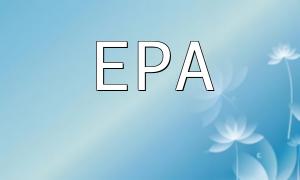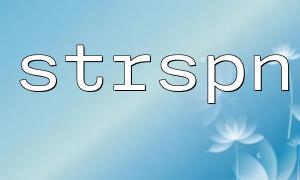In today's cybersecurity landscape, Local File Inclusion (LFI) vulnerabilities remain one of the common and serious security issues in PHP applications. LFI allows attackers to access local files on the server through maliciously crafted URL paths, which may lead to sensitive information disclosure or full server compromise. Therefore, identifying LFI vulnerabilities and conducting a comprehensive security assessment of PHP applications is crucial.
LFI vulnerabilities usually arise from insecure file handling mechanisms. When an application allows users to specify file paths via parameters without proper validation and filtering, attackers can exploit this to access or execute files that should not be publicly accessible. For example, an attacker might attempt to access configuration files as follows:
<span class="fun">http://example.com/index.php?page=../../etc/passwd</span>
This request aims to access the server's password file, and if successful, could trigger a serious security incident.
The risks posed by LFI vulnerabilities include:
Information Disclosure: Attackers can access sensitive files and obtain critical system or application information.
Remote Code Execution: In some cases, attackers can execute code by including malicious files, gaining control over the server.
Service Disruption: Attackers may cause application or server crashes through a high volume of malicious requests, leading to denial of service.
To defend against LFI vulnerabilities, developers should regularly perform security assessments focusing on the following areas:
All user inputs must undergo strict validation and filtering. Using a whitelist to restrict allowed file names can effectively reduce LFI risks. Example code:
<span class="fun">if (in_array($page, $allowed_pages)) { include($page); } else { die("Invalid page."); }</span>Restrict access to sensitive files through server configuration. PHP settings like open_basedir can limit the directories that scripts can access, minimizing file inclusion vulnerabilities.
In production environments, error display should be disabled to prevent sensitive information leakage. Modify PHP configuration to turn off error reporting, securing internal application details.
LFI vulnerabilities pose a serious security threat to PHP applications. Regular vulnerability scanning and security assessments are essential. Proper input validation, permission controls, and robust error handling can effectively reduce the risk of attacks. Developers and security professionals should continuously monitor LFI and other potential vulnerabilities to protect user data and system security.









